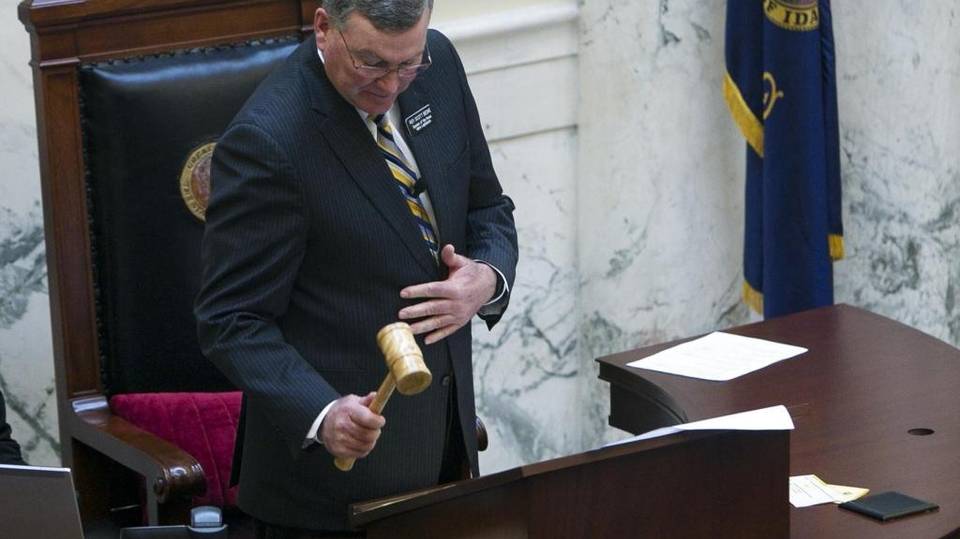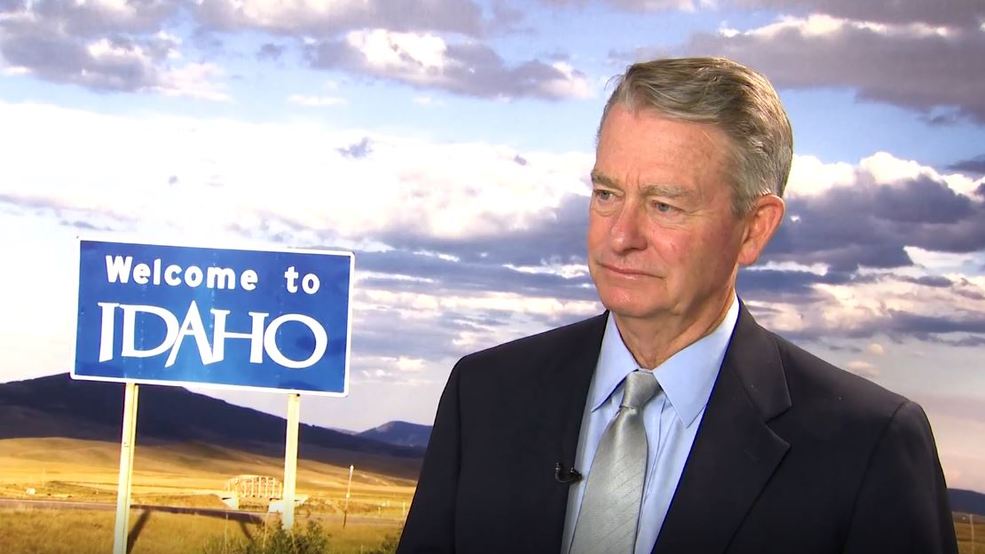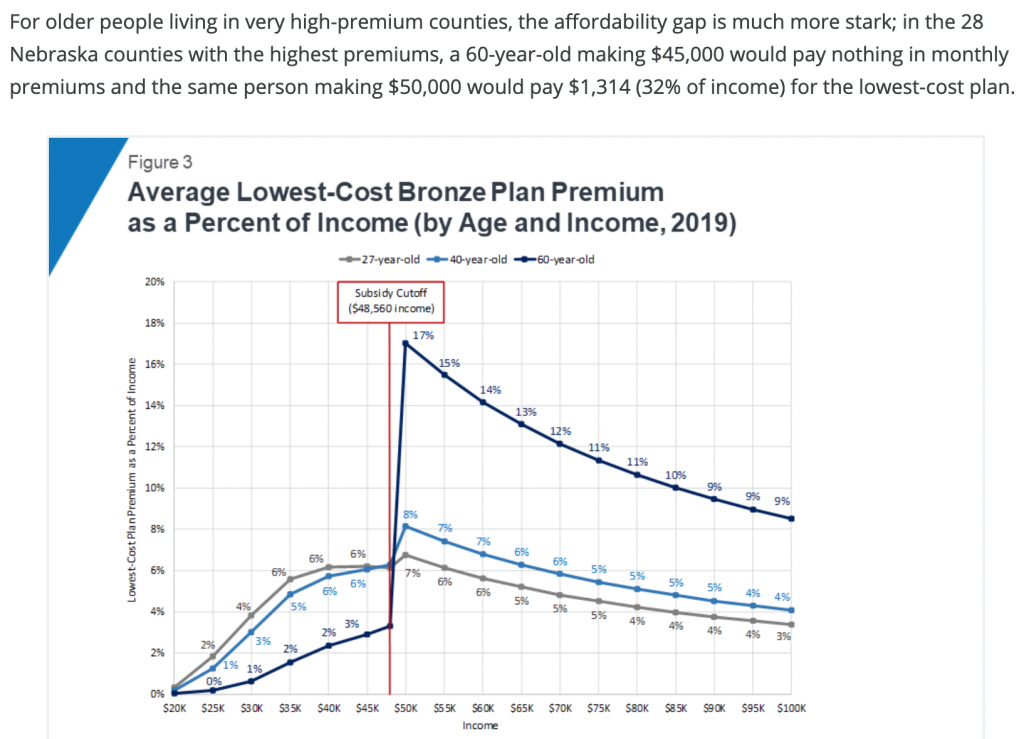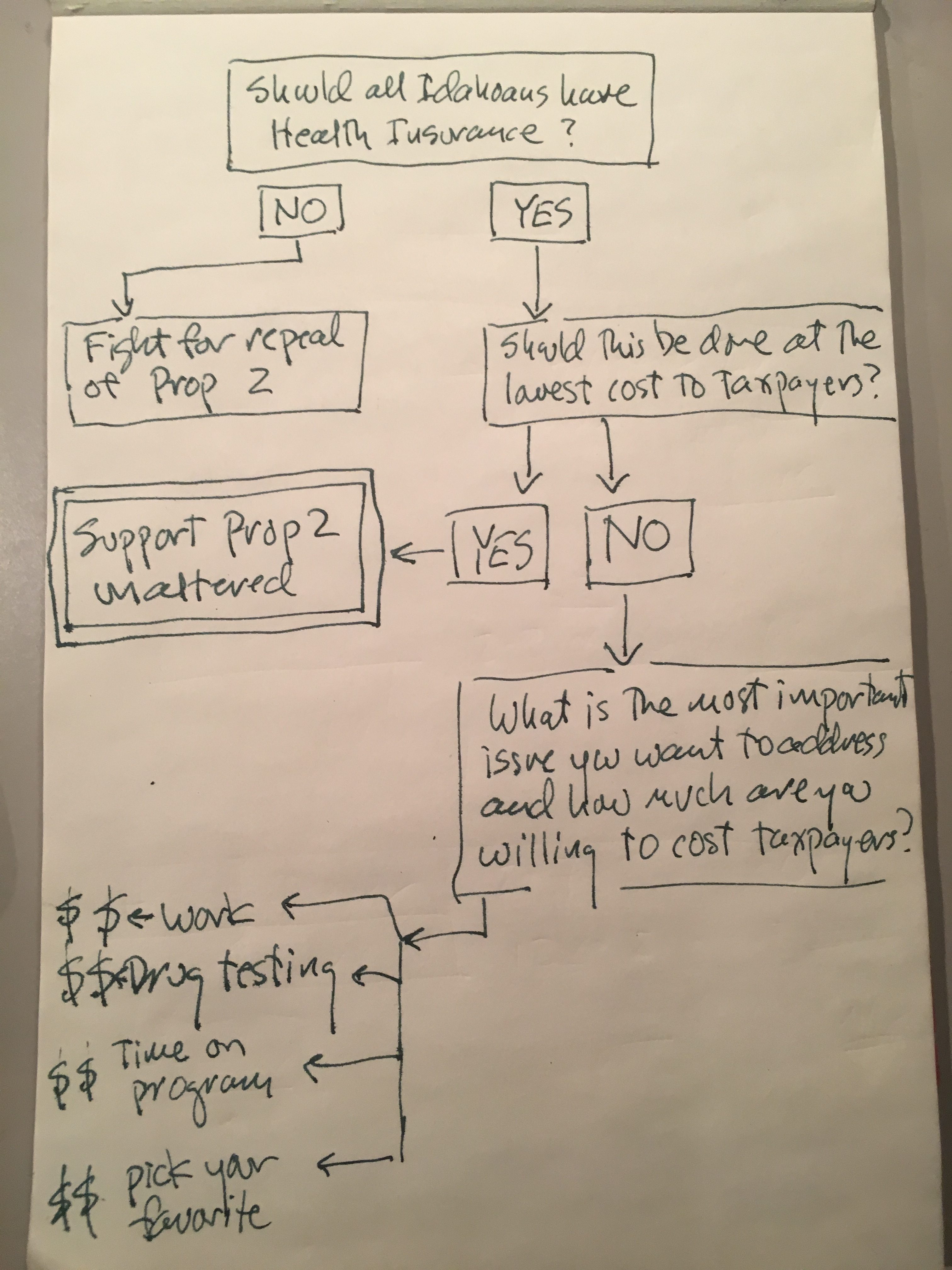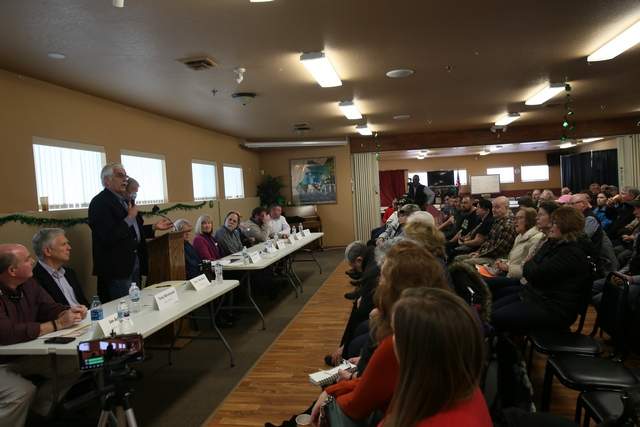
Darrell had finally gotten his small office just the way he wanted it. When he’d been hired last year as the Coordinator for the Liaison and Edification of Administrative Rules (CLEAR) he’d had a thorough introduction to the state health insurance from HR but hadn’t been told his office would be next to the hot water pumping station in the basement of the Hall of Mirrors. But the work was rewarding. He had spent all summer preparing for legislative review of new rules. And the first three weeks of the legislative session were busy but it seemed he had prepared well and the rules review went without much drama. Legislators always had good questions. They had insisted their review of rules was important and even got it into the Idaho Constitution. But when the session ended and all those new rules had been dropped by the legislature, he was kind of scratching his head.
“Hello, Dennis?” He called his old boss. “What are we going to do now?”
“Heh, heh.” Dennis chuckled. “Start from scratch.”
“You mean rewrite all the rules?”
“You’ll have to. All rules, not just the new ones they reviewed this session, expire on the first of July unless renewed by the legislature and they didn’t renew them. Start over. Should be fun. I gotta go. If I birdie this I’m three up. Click.”
Darrel called the Governor’s office. “Oh, Darrell, I was looking for your number, thanks so much for calling.” Linda was always so cheerful. “We are having a meeting this afternoon and you need to be there.”
“Sure. What should I bring?”
“Well, bring your thinking cap and a smile would be good.”
Darrell looked up at the top shelf of his small neat office. Four feet of binders held the 8000 pages of fine print of administrative rules. When the legislature passes a law, the details of just how to follow the law are written up into rules and these rules hold the effect of law. They started on the left with the Accountancy Board and ran south to the Wheat Commission. By the dust on the binders he knew they weren’t up to date. The real rules lived in the cloud, on servers, who knows where.
The meeting was called to order and introductions were made. Darrell was after the Commissioner on Commissions and before the Director of the Department of Redundancy Department. Darrell had some ideas right away.
Alex, the Chief of Staff, spoke boldly. “I know this is a surprise, but the Governor and I look at this as an opportunity. He has been wanting to reduce rules since he signed his second executive order.”
“You mean the one that told us to cut two rules for every new one?” asked the Logic Department Director. “If we follow that order we’ll end up with a negative number.” He smiled at his logic.
“Those legislators wanted complete control of the administrative rules, and then they go and do this.” Hissed the Chairman on Consistency.
“Now don’t go complaining. This is an opportunity!” exclaimed Alex again with a grin. “We can start over! Our governor wants government streamlined and made more efficient and the legislature has given us this gift.”
“I’ll have my secretary just paste in the old rules with a different font.” Offered the Chairman of Furniture.
“I was planning on a smaller font so there were less pages. Are we counting pages or words?” asked the Director of Measures.
“Can we combine two rules into one? Will that work?” the Director of Efficiency was eager.
“It all seems pretty silly to me.” Offered the Commissioner on Common Sense.
The room got quiet except for some murmuring between the Finance Director and the Human Resources Commissioner. Darrell thought he should add his part. “Well, you all need to know that the legislature is required to review all new rules. And since all the rules will be new next session, I think they will be too busy to do much else. It could take them months.”
Alex grinned. Governor Little walked in and smiled to the room. “We settled?”





